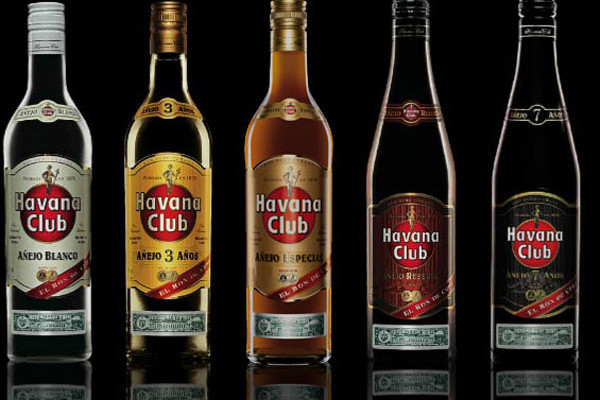Even among casual music fans, Gene Simmons and the band KISS are well known and easily recognizable. With their elaborate make-up and costuming, the rock band has iconic status, and although they have been performing for multiple decades, only just recently Simmons decided to file for trademark protection on one of his signature symbols, the devil’s horn hand sign. But even with decades of use and a strong association with the band, the hand gesture may have too many hurdles to overcome for trademark protection.
Continue reading “Rocker Gene Simmons Attempts to Trademark Devil’s Horn Hand Sign”



